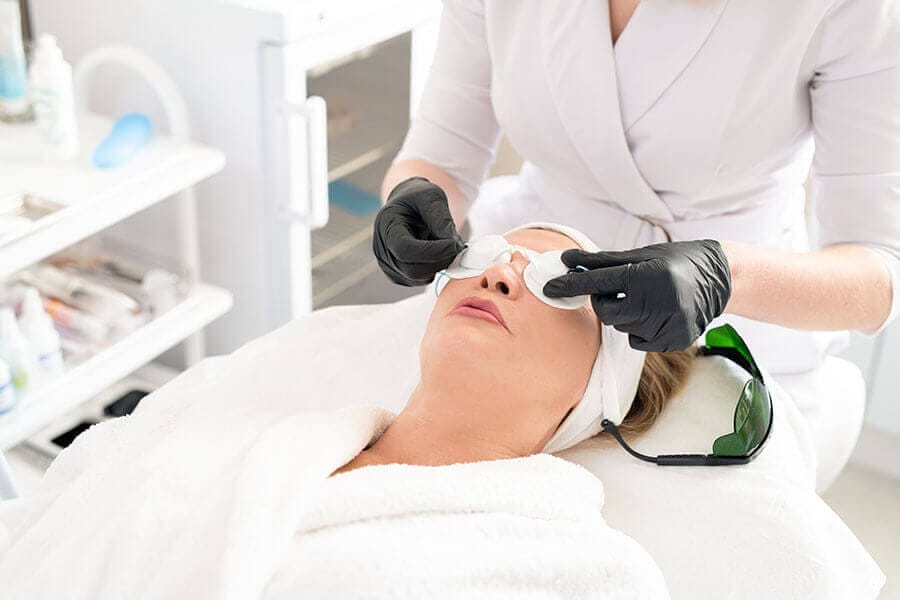Although ICL surgery is generally safe and effective, there are some potential disadvantages to consider. One disadvantage is that ICLs are not easily removable, meaning that if there are any complications or if a patient’s vision changes, the lens may need to be left in place or replaced with another ICL. Additionally, ICLs can increase the risk of cataracts, which can occur when the natural lens of the eye becomes cloudy. Other potential risks of ICL surgery include infection, inflammation, and vision loss.

















